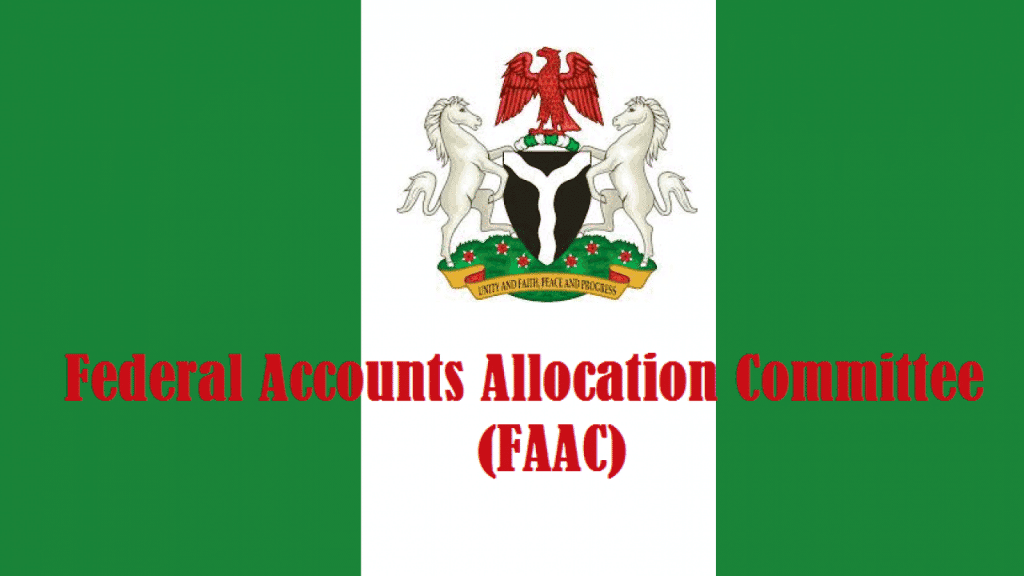Early in Abuja, as the sun rose, so too did a glimmer of hope across state capitals and local government halls. Conversations that once circled empty currency trays now teeter on optimism.
The Federation Accounts Allocation Committee (FAAC) has disbursed a massive chunk of revenue — a sum so large in recent memory that civil servants, traders, and chiefs alike took notice.
For countless Nigerians tired of empty promises, this feels different: for today, the federal, state, and local governments share a prosperity too glaring to ignore.
This isn’t just about bigger numbers. It’s about whether that windfall reaches schools, hospitals, roads, and the people who make up the frayed edges of the Nigerian economy.
What the Numbers Say — The Surge
In June 2025, FAAC shared ₦1.818 trillion among the Federal Government, the 36 States, and Local Government Councils — pegged as the highest monthly allocation so far in 2025.
The share was up from ₦1.659 trillion in May, and ₦1.681 trillion in April.
Key revenue streams that fueled this rise include statutory revenue, Value Added Tax (VAT), electronic money transfer levies (EMTL), and exchange difference earnings.
Why It’s A Big Deal — Stakes & Opportunities
1. Breathing Room for Budgets
For states whose salaries have been delayed, health facilities running out of supplies, and local governments with neglected infrastructure, this influx might offer temporary relief — maybe a turn at rural electrification or fixing water systems.
2. Risk of Inflation, Mismanagement
More money in circulation is good — until procurement protocols weaken. Critics warn that quickly shared funds can be misapplied or embezzled unless there’s oversight.
3. Contrast with Hardship
The timing feels bittersweet; while FAAC shares are at highs, many Nigerians are bearing high food costs, fuel price hikes, and utility shortages. Expectations will be high — if average citizens don’t feel the impact, government trust could erode.
The Political Undercurrent — What This Means In Power Corridors
Governors will likely use this windfall as evidence of improved federal-state relations or fiscal policy wins.
Meanwhile, opposition and civil society will be watching to see whether this translates into visible change — not speeches, but projects on the ground.
Also, debates will arise: how future revenue formula adjustments could further shift allocation weights (VAT vs Statutory vs Derivation).
What Should Happen Next — Holding Out For Tangible Deliveries
* Transparency Reports: Each tier of government should publish how they plan to spend their FAAC shares — line-items for roads, health, education.
* Auditable Accountability: Civil society and media need to monitor contractors, contracts, and timelines.
* Stabilisation Plans: Rather than short-term fixes, use the surplus to establish funds or reserves for leaner months.
Stay ahead with the latest updates!
Join The Podium Media on WhatsApp for real-time news alerts, breaking stories, and exclusive content delivered straight to your phone. Don’t miss a headline — subscribe now!
Chat with Us on WhatsApp




